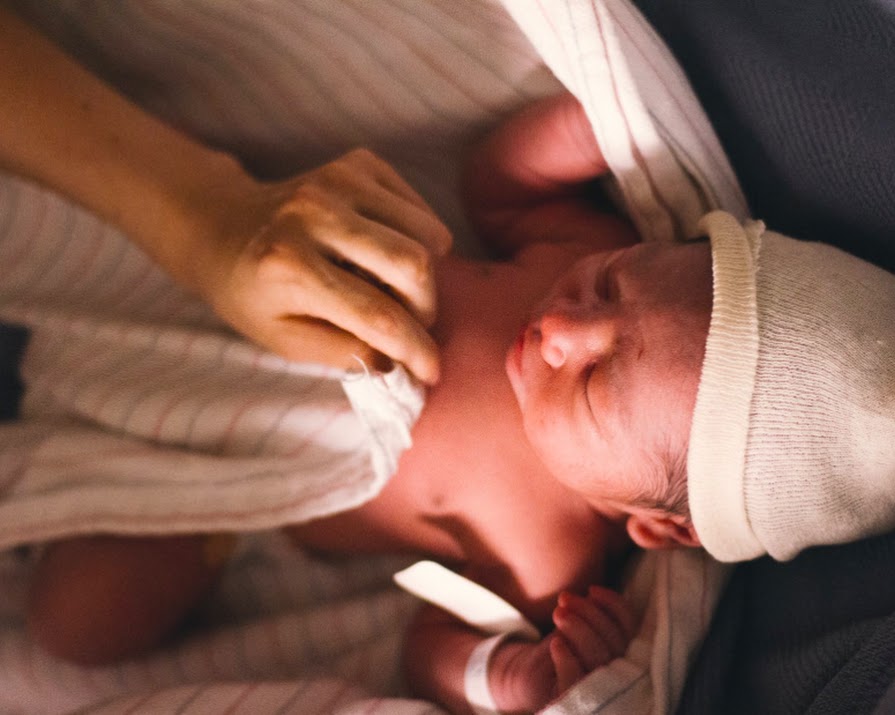
Scientists explore possible link between c-section births and the rise in food allergies
By Amanda Cassidy
23rd Nov 2019
23rd Nov 2019
For years, researchers have focused on how the bacteria in our gut influences our health. Now, a study published in Nature offers a clue. And it might be down to how we were born.
Disclaimer: I’ve had three children via c-section. Happily, each surgery was planned, straightforward and so far, there are no complications that we are aware of.
But it is a minefield. Having children born in this way can attract sensitivity (I missed out on a natural birth) or criticism (You took the easy way out).
Birth, like most parts of parenthood, has a big psychological impact as well as physical impact on our lives. So when studies like this crop up, it is easy to dismiss them as tools to make us feel guilty or afraid.
But like it or not, the way we were born plays an important role in determining how our health might play out. And it is all down to our guts.
Guts
A group of scientists from the Wellcome Sanger Institute and the University of Birmingham studied gut microorganisms from the DNA of 600 newborns. Their conclusions have caused quite the storm.
They discovered that babies delivered via caesarean section have different gut microbes than those born vaginally. During a ‘normal’ birth, babies pick up these bugs from their mother as they pass through the birth canal. C-section babies miss out on them.
Molecular biologist and co-author of the rerearch Nigel Field explained: “We think that can be a really critical moment in life because babies are sterile when they’re in the womb, and the moment they are born is a moment when the immune system has a huge of number of bacteria that it’s presented with … that sets the immune system for future life.”
Now, some are correlating this discovery with the surge in allergies we’ve seen in children in the past few years. As surgical deliveries increase, food allergies have also risen.
“The first few weeks of life are critical for the development of the baby’s immune system”
Immune
Some put it down to our obsession with hygiene or overuse of antibiotics, others believe that the lack of exposure to certain microbes might be the issue. While our immune system is a complex part of our function, there is some outside threat that is triggering an overreaction to certain foods that should be considered ‘safe’ for our bodies.
Dr Adam Fox is a paediatric allergist in London. “Our immune systems have developed alongside these bugs for millions of years, and they work together very effectively. Having the right collection of germs in our gut helps to control our immune system.”
This study follows other areas of research that found c-section babies have a higher risk of immune-related diseases than babies born vaginally.
Research leader Professor Peter Brocklehurst, from Birmingham University, explained the possible link. ‘The first few weeks of life are critical for the development of the baby’s immune system. We urgently need to follow up this study to see if the differences lead to any health issues.”
But parents shouldn’t worry. Microbiomes of babies born surgically do eventually catch up and resemble those born ‘naturally’.
“These differences largely even out over time,” Field says. “By the time babies are weaned around six to nine months, these differences have largely disappeared. That’s really important because we don’t know the long-term consequences of these findings.”
Image via Pexel.com
Read more: The irrational fears of all first-time parents
Read more: My birth was not like my pregnancy. It was brutal.
Read more: 5 thoughts every mum has on the birth of her second child























